
When using AI for recruiting it may inadvertently also increase recruiting bias

Ms. Pomerantz is the CEO of TPG HR Services USA and has over 35 years of Human Resources practices experience. She holds a Master’s in Human Resource Management (MHRM) and is a certified Senior Professional in Human Resources (SPHR) and SHRM Senior Certified Professional (SHRM-SCP). Mary also serves as CEO of Mary Pomerantz Advertising, one of the largest recruitment advertising agencies in the country. Earlier in her career, she was president of the 17th largest staffing firm in the country.
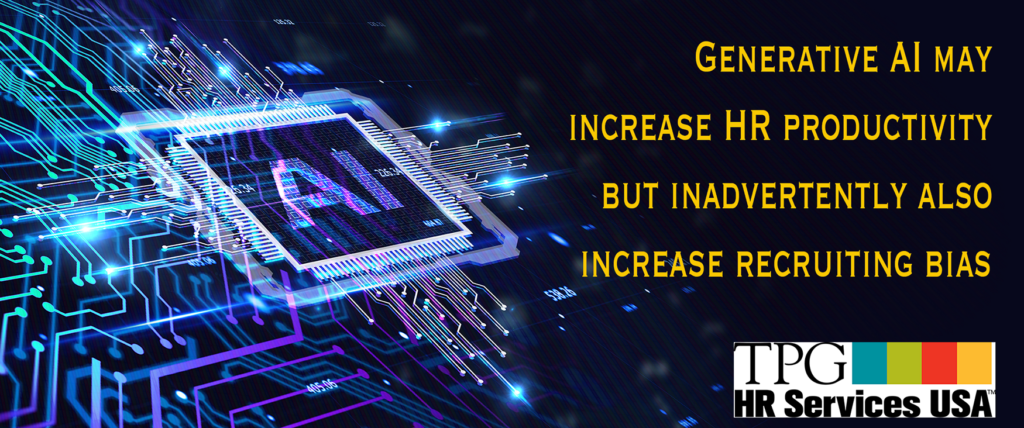
Artificial Intelligence is here to stay, and individuals from all walks of life will need to make adjustments to its increasing prevalence in a diverse array of fields and industries. Education is already grappling with the impact of AI platforms such as ChatGPT on paper composition. The writers and actors guild strike has AI-related issues as one of its core demands. And, even lawyers looking for a free legal assistant in preparing legal briefs have already run afoul of the tendency of AI tools to sometimes generate content with little to no factual basis. AI is impacting all professions and this is certainly true in the field of Human Resources when HR chooses to use AI for recruiting.
Artificial intelligence has amazing potential for increasing the productivity of HR professionals in a vast array of areas. However, it also harbors pitfalls that could expose organizations to charges of discrimination, particularly when using AI for employee recruitment. Furthermore, AI-fueled productivity-enhancing changes to the workforce may also exacerbate existing inequities in the workforce, leading to less diverse workforces even among companies with robust diversity and inclusion initiatives. That is why it is critical for HR professionals to make themselves aware of both the possibilities and the potential perils of employing artificial intelligence in their Human Resources functions.
Recent Research Highlights anti-Black Bias in AI-enabled Training and Recruiting Algorithms
Recent research conducted by the Harvard Business Review and the University of Pennsylvania Carey Law School indicates a variety of AI-powered employment processes, including job searches, online networking opportunities, and electronic resume submission platforms. Significant AI-bias issues were identified in a report entitled The Elephant in AI from Prof. Rangita de Silva de Alwis, founder of the AI & Implicit Bias Lab at the University of Pennsylvania Carey Law School. In this study of the experiences of black students and professionals, large numbers of respondents reported biased results from online AI-powered systems.
Three specific examples of this anti-black bias are below:
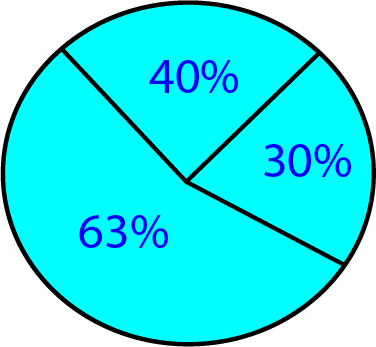
- 40% had experienced recommendations based on their identities, rather than their qualifications.
- 30% noted that the job alerts they had received were below their current skill level.
- 63% received academic recommendations made by the platforms that were lower than their current academic achievements
Source: https://www.thomsonreuters.com/en-us/posts/legal/ai-enabled-anti-black-bias/
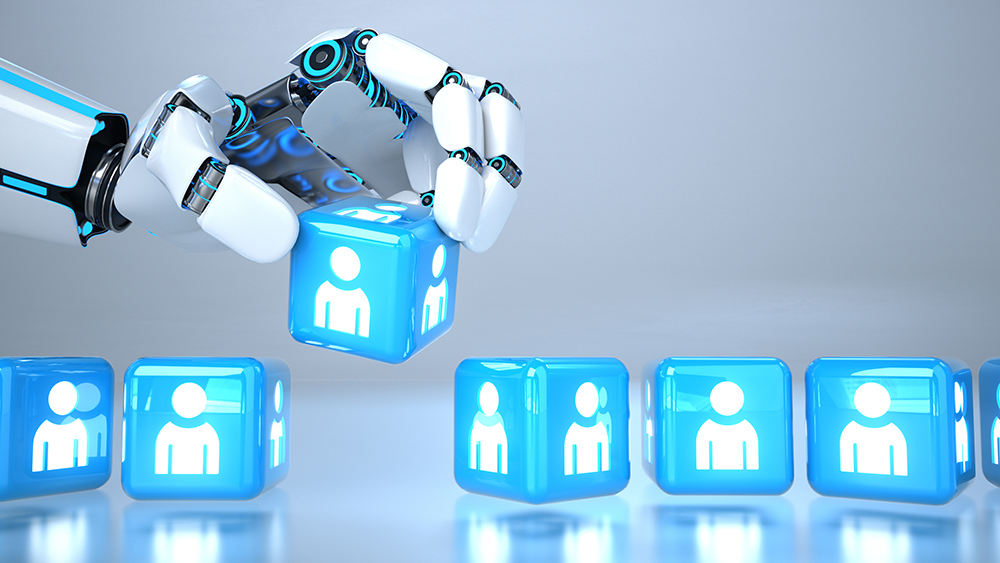
AI HR Tools may discriminate against people with disabilities
According to guidance jointly issued by the U.S. Justice Department and the Equal Employment Opportunity Commission, AI technology used to screen job candidates or monitor worker productivity can sometimes discriminate against people with disabilities and violate the Americans with Disabilities Act. Specific examples of AI for recruiting technology cited in the guidance included:
- Employee monitoring software that ranks team members based on keystrokes
- “Game-ified” tests to assess job skills
- Video interviewing software that measures speech patterns or facial expressions
“We totally recognize that there’s enormous potential to streamline things, but we cannot let these tools become a high-tech path to discrimination.” – Charlotte Burrows, chair of the EEOC
Source: https://www.npr.org/2022/05/12/1098601458/artificial-intelligence-job-discrimination-disabilities

Localities are beginning to pass laws and regulations limiting AI for recruiting for HR processes
Although the use of AI in Human Resources is still a relatively new phenomenon, some localities have responded to its potential for bias by adopting regulations or laws on the subject. All Human Resources professionals should keep a close eye on this development in the states and localities in which they work, as it is likely to become a trend in the future as more companies utilize AI in their HR processes and more citizens and political leaders become concerned about its possibility for discriminatory outcomes.
New York City recently adopted a law requiring employers to notify job candidates when AI tools are used for AI for recruiting. Employers must independently audit their AI candidate screening software to ensure it is not biased against protected groups. Although this law does not establish a definitive threshold for passing these audits, the EEOC has used a “four-fifths rule” whereby a hiring test that has a less than 80% selection rate for protected groups may be considered biased under this law.
Source: https://news.bloomberglaw.com/daily-labor-report/new-york-city-targets-ai-use-in-hiring-anti-bias-law-explained
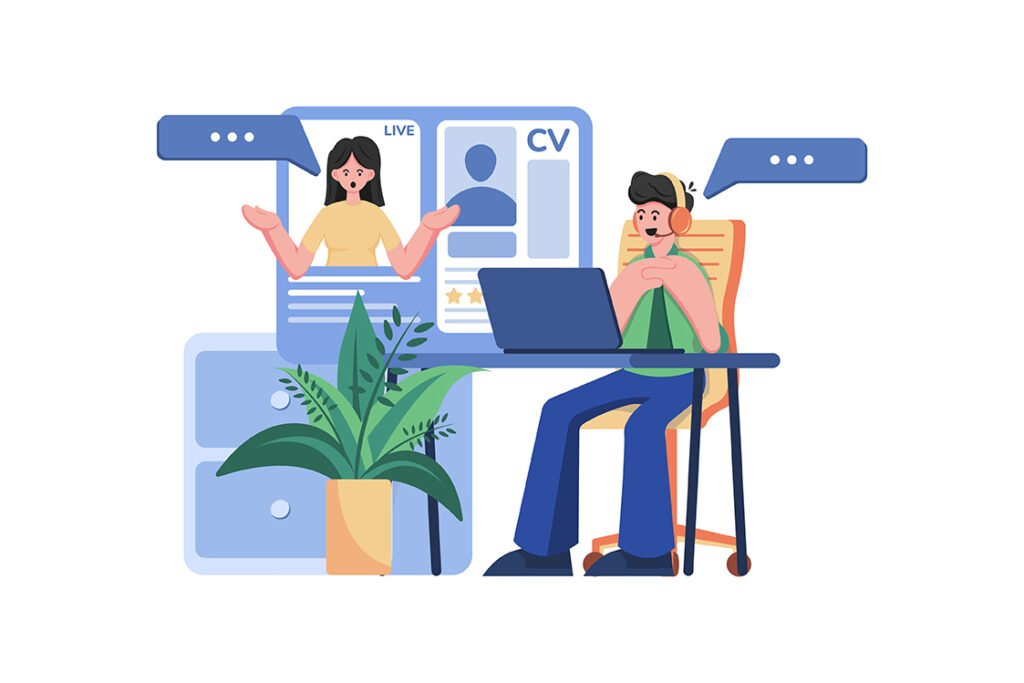
The NJ State Legislature is currently considering similar restrictions for using AI for recruiting to screen job candidates. Bill A4909 in the NJ assembly has already been voted out of committee, while the NJ State Senate version (S1926) is still awaiting a vote. Other states and localities will likely follow suit with their own restrictions and monitoring regimes in the months and years to come.
Source: https://www.northjersey.com/story/news/business/2023/02/06/nj-ai-bias-law-would-require-audits-of-hiring-software-discrimination/69857808007/
The Disproportionate Job-Loss Impact of AI on African-American Men
In addition to the potentially discriminatory impact of AI HR technology in the hiring process, African-American men are likely to suffer more than their fair share of job losses due to the overall impact of AI on the economy. According to a recent report by McKinsey & Co., African-American men are over-represented in job categories likely to experience high displacement due to AI-powered automation and are also underrepresented in low-displacement job categories.
“Black America’s collective response to emerging technology will determine whether it is an opportunity — or an existential threat.” – George H. Lambert Jr. President and CEO, Greater Washington Urban League
Source: https://nul.org/news/op-ed-automation-threatens-future-black-workers-america

As AI fuels automation in segments of the workforce that were previously resistant to automation, African Americans will face 10% more job losses than the general population, mainly due to the disproportionate impact on African-American men. HR professionals should be aware of this likely outcome in advance if they plan to use artificial intelligence for recruitment. Training programs and professional development opportunities could be tailored for employees who face the likelihood of being displaced by AI-fueled workforce changes. By doing this they ensure their diversity and inclusion initiatives won’t be torpedoed by the uneven impact these AI recruitment programs often have on African American employees, particularly African American men.
Source: https://www.blackenterprise.com/artificial-intelligence-african-american-job-losses/
Making AI Work for You
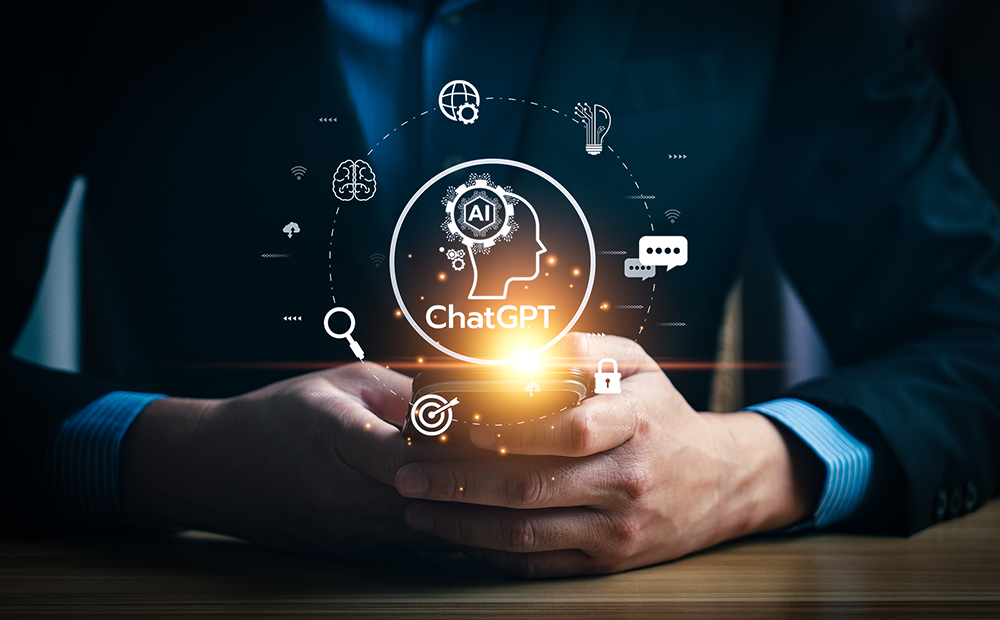
By becoming aware of all of the HR-related issues surrounding artificial intelligence for recruitment, you can make sound choices as to how and when to employ AI in your organization. While AI may hold great promise for automating certain tasks, it also presents new and unique challenges that must be examined and addressed. Although the legal sphere is still “playing catch-up” with many aspects of AI, compliance issues connected to artificial intelligence are sure to be on the rise in the years ahead as well. As with any HR issue, staying current with the most recent research and legal rulings regarding using AI for recruiting will help to keep you “ahead of the curve” while using this incredibly powerful technology. Remember that TPG HR Services can also assist your recruiting efforts by recruiting for you or helping facilitate any part of the recruiting process.
